Favorite Books of 2017
Biographies
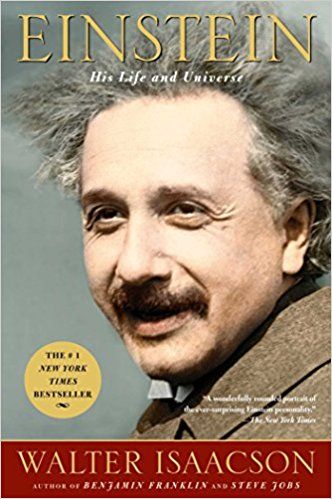
Einstein: His Life and Universe
Definitely the best biography I’ve read this year. It combines details into what’s probably the most incredible intellectual adventure of the 20th century — we’re talking of a guy who single-handedly upended physics as it was understood, alone from his patent office in Switzerland — and insights into the personality of the man behind it. Shed light on aspects of Einstein I knew nothing about, and taught me what an awesome human being he was, just as as much as he was a genius physicist.
Benjamin Franklin: An American Life
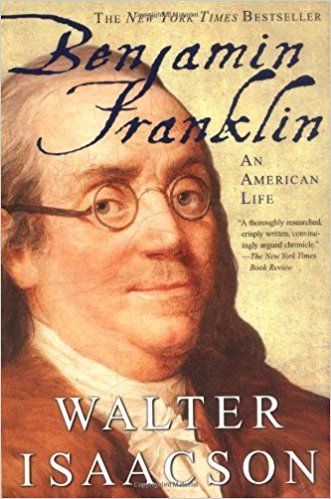
Another one from Walter Isaacson. The advantage of reading the biographies of people like Benjamin Franklin is that they make you learn about both the life of a man, and the historical period they had a part in shaping — in this case, the American Revolution, which I know way too little about — in a way that I find much more relatable than history books.
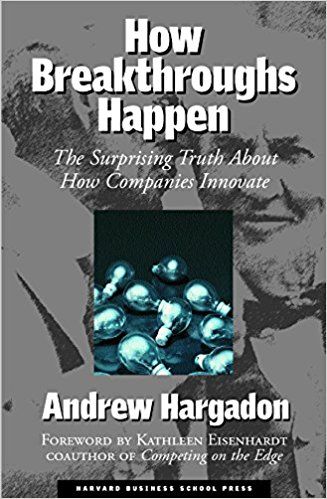
Makes the case that innovation is more about the combination of existing ideas in novel ways, than the fundamental breakthroughs people imagine, and talks of “technology brokering:” gathering ideas, practices, and technologies from seemingly foreign fields, so as to bring them together, and sometimes create a whole new one.
Technology brokers are characterized by their connections to multiple small worlds and, further, by their connections to worlds that otherwise share few connections between them. Network theorists use the concept of range to describe the breadth of connections any one person may have in a network, as measured by the number of non-redundant ties […]. Technology brokers attempt to maximize their range of connections because by doing so they are in a better position to be the first to see how the people, ideas, and objects of one world may provide valuable solutions in another.
This made me think of this article, The No. 1 Predictor Of Career Success According To Network Science: 
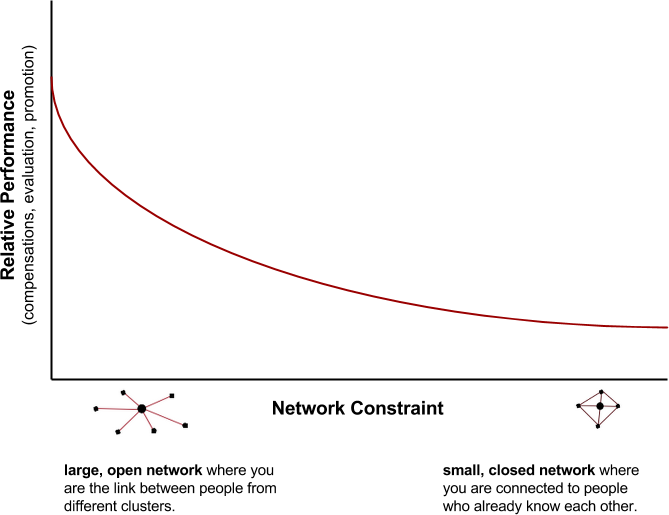
According to multiple, peer-reviewed studies, simply being in an open network instead of a closed one is the best predictor of career success.
[…]
In the chart, the further to the right you go toward a closed network, the more you repeatedly hear the same ideas, which reaffirm what you already believe. The further left you go toward an open network, the more you’re exposed to new ideas. People to the left are significantly more successful than those to the right.
I believe this highlights a weakness of the Silicon Valley ecosystem, which is becoming increasingly monocultural. Much of this is due to the insane, NIMBY-induced rents (a 1 bedroom in downtown San Francisco now costs easily $3,500 per month), making it impossible for all but the wealthiest to stick around — those wealthiest tending to be the ones who work in tech. The silver lining is that you not only increase the concentration of tech people, and with it the frequency of valuable serendipitous encounters, you also make the most driven people self-select to migrate to this small area, ready to sacrifice personal comfort, for the hope of participating in building something impactful.
But this also comes at the high cost of building this echo chamber everyone complains about. I don’t have any data to support this claim, and the human memory is notoriously bad to detect that kind of pattern, but I do feel there’s been a noticeable decrease in the originality / craziness of people around, in just the 5 years I’ve been here. You still see wicked smart, brilliant, ambitious, hard-working people, but you’ll find those in NYC too, whereas the Bay Area used to have its own, special breed of weird people, in a good way.
That article above also contains an amazing quote, related to technology brokering, from a Wired interview Steve Jobs gave:
Creativity is just connecting things. When you ask creative people how they did something, they feel a little guilty because they didn’t really do it, they just saw something.
It seemed obvious to them after a while. That’s because they were able to connect experiences they’ve had and synthesize new things. And the reason they were able to do that was that they’ve had more experiences or they have thought more about their experiences than other people.
Unfortunately, that’s too rare a commodity. A lot of people in our industry haven’t had very diverse experiences.
So they don’t have enough dots to connect, and they end up with very linear solutions without a broad perspective on the problem. The broader one’s understanding of the human experience, the better design we will have.
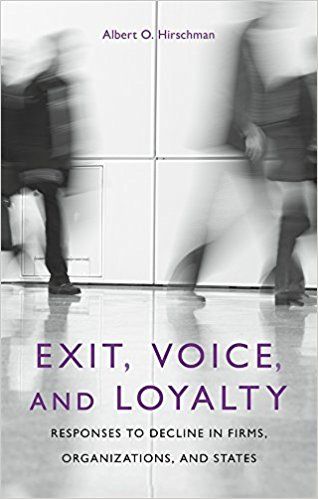
One of those classics I just had to read, after having it recommended to me one too many times. You can check out my full review here.
History
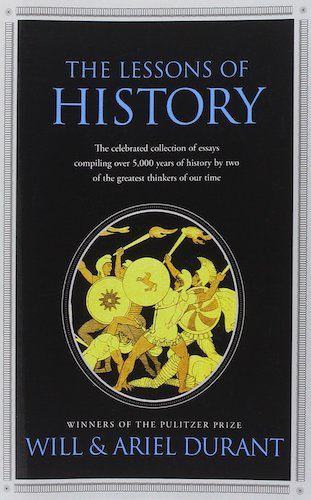
The best way to describe this book is through its introduction:
Since man is a moment in astronomic time, a transient guest of the earth, a spore of his species, a scion of his race, a composite of body, character, and mind, a member of a family and a community, a believer or doubter of a faith, a unit in an economy, perhaps a citizen in a state or a soldier in an army, we may ask under the corresponding heads—astronomy, geology, geography, biology, ethnology, psychology, morality, religion, economics, politics, and war—what history has to say about the nature, conduct, and prospects of man. It is a precarious enterprise, and only a fool would try to compress a hundred centuries into a hundred pages of hazardous conclusions. We proceed.
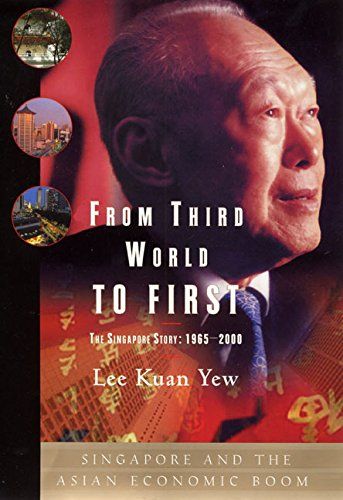
The memoirs of Lee Kuan Yew, the hero (and I don’t use the word lightly) who served as Singapore’s Prime Minister for over 3 decades, bringing about the miracle he describes in the title of his book: transitioning “from third world, to first world, in a single generation.” Lee thought of the issues of his time in a crystal clear, all-encompassing fashion that’s nothing short of fascinating, and his book is replete with interesting anecdotes, giving a rare peek on the small quirks of the world leaders he frequented closely over several decades.
Of course, it’s also quite a lesson in leadership, from someone who led what must be one of the most amazing success stories of the 20th century, and Lee’s philosophy of extreme pragmatism is a challenge to the most ideologically minded out here — I know it did challenge me.
Self-Help
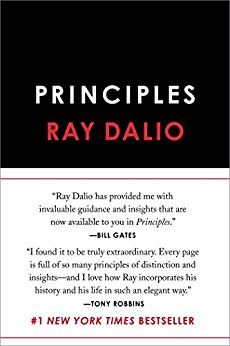
This is probably the one best book I’ve read in 2017, and will be one of those books I revisit every couple of years.
Ray Dalio is the founder of the famous hedge investment firm Bridgewater, and this is a concentrate, in a mere 300 pages, of the principles he’s built for himself over a lifetime.
Principles has, by a very wide margin, the highest signal to noise ratio I’ve ever seen in a book. Dalio has an extremely analytical, methodical mind, and it shows: the book is structured in bullets and sub-bullets, written in a clear and concise fashion, no word being unnecessary nor prose overly flowery. I’d share some excerpts here, but would end up quoting half the thing.
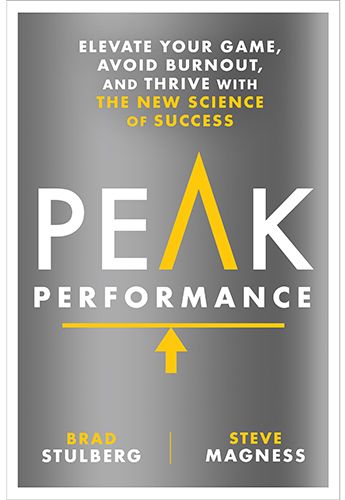
A recommendation by @sknthla. It’s one of those easy-to-skim books that try to pound a couple of simple, valuable insights into your skull:
- Progress happens by alternating periods of intense stress with deep rest, the latter being just as important as work — and world class performers taking it just as seriously.
- That “stress – rest” cycle happens at all levels, and, at the lowest one, the authors recommend alternating short periods of work (around 1 hours) with 5-15min breaks.
- All ways of resting are not made equal, the best ones being:
- Meditating (doesn’t have to be long, 15min).
- Social activities, i.e. hanging out with friends.
- Walks in nature. Apparently, and I’d be curious to see if those results replicate consistently, merely staring at pictures of nature have a positive impact on the brain’s learning ability.
- The work that counts is the one that’s painful. It’s going to sound cheesy, but “no pain, no gain” is definitely true, or, like Mohamed Ali said “I only start counting when it starts hurting.”
- An excellent way to make progress is to deliberately seek out challenges that exceed your ability, just enough to be challenging, and not so much as to be overwhelmingly stressful. Make it harder if you’re completely in control, and dial down a notch if you’re overly anxious.
- Perceiving stress as a challenge instead of a threat will make a huge, direct impact on the progress you make. Growth mindset yada yada.
- Routines and habits are important. To get in the zone faster, develop routines for before and after your work sessions.
- Never multitask: put your phone away (just having it in sight, or feeling it in your pocket, apparently has a measurably negative impact on your focus), and if necessary block websites using utilities such as SelfControl.
Flo Crivello Newsletter
Join the newsletter to receive the latest updates in your inbox.
